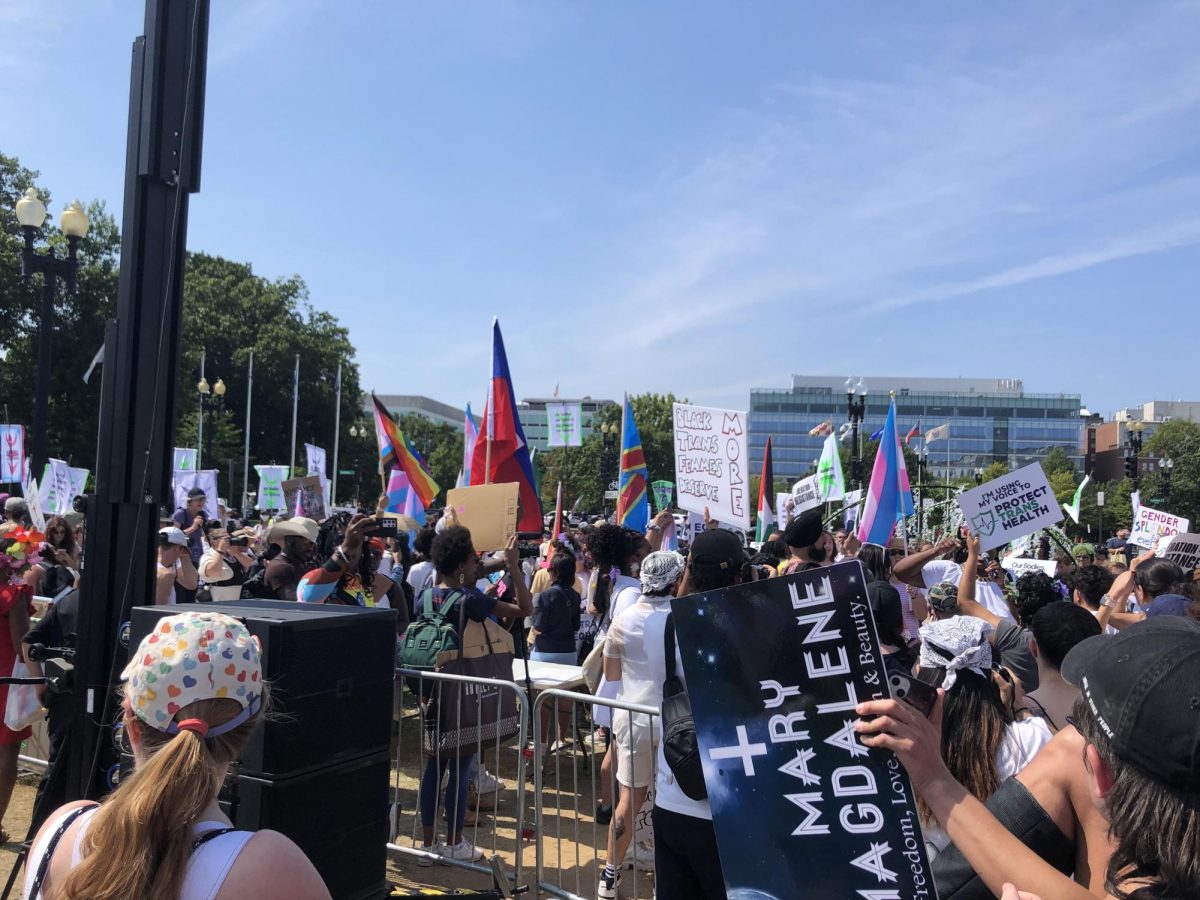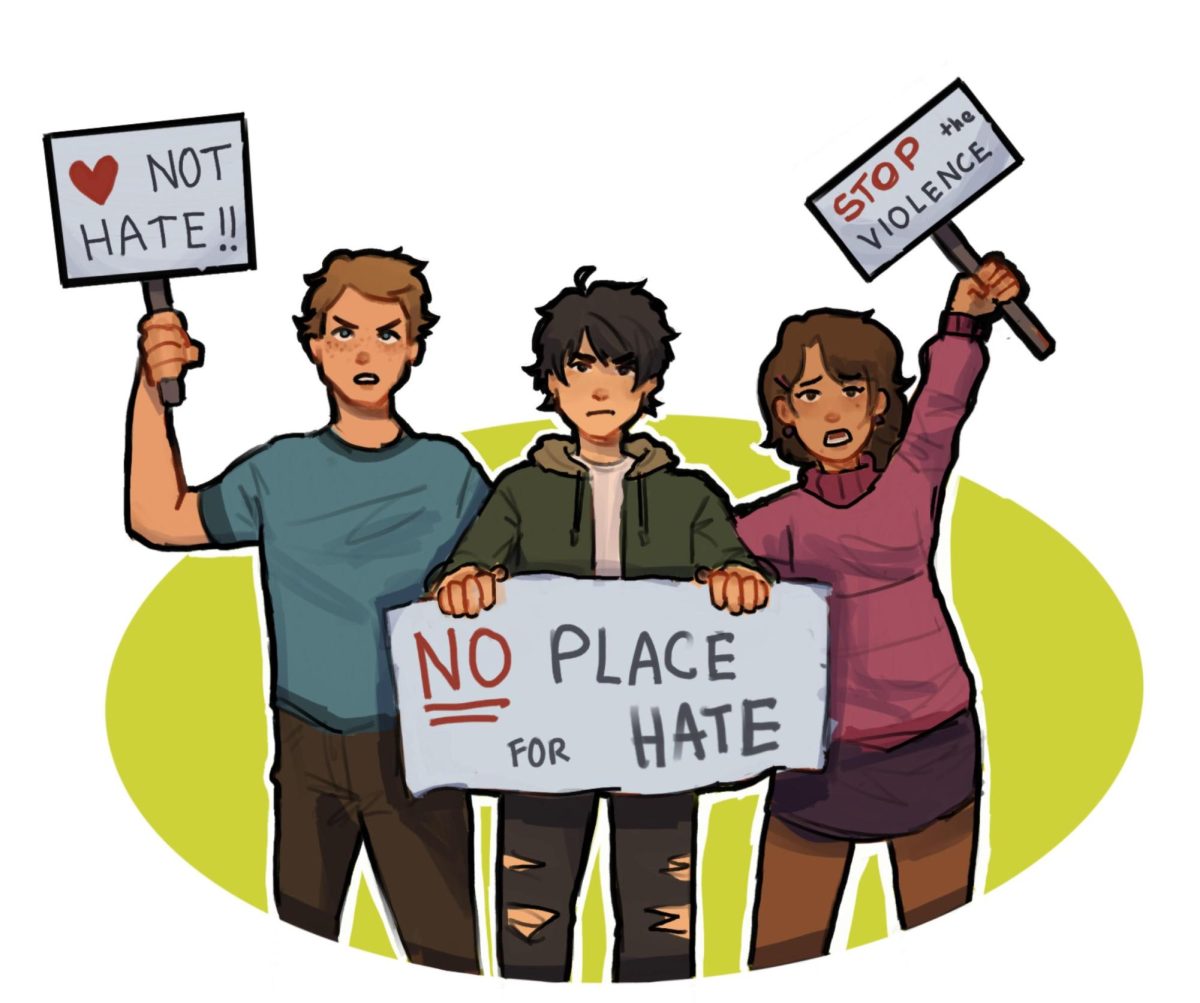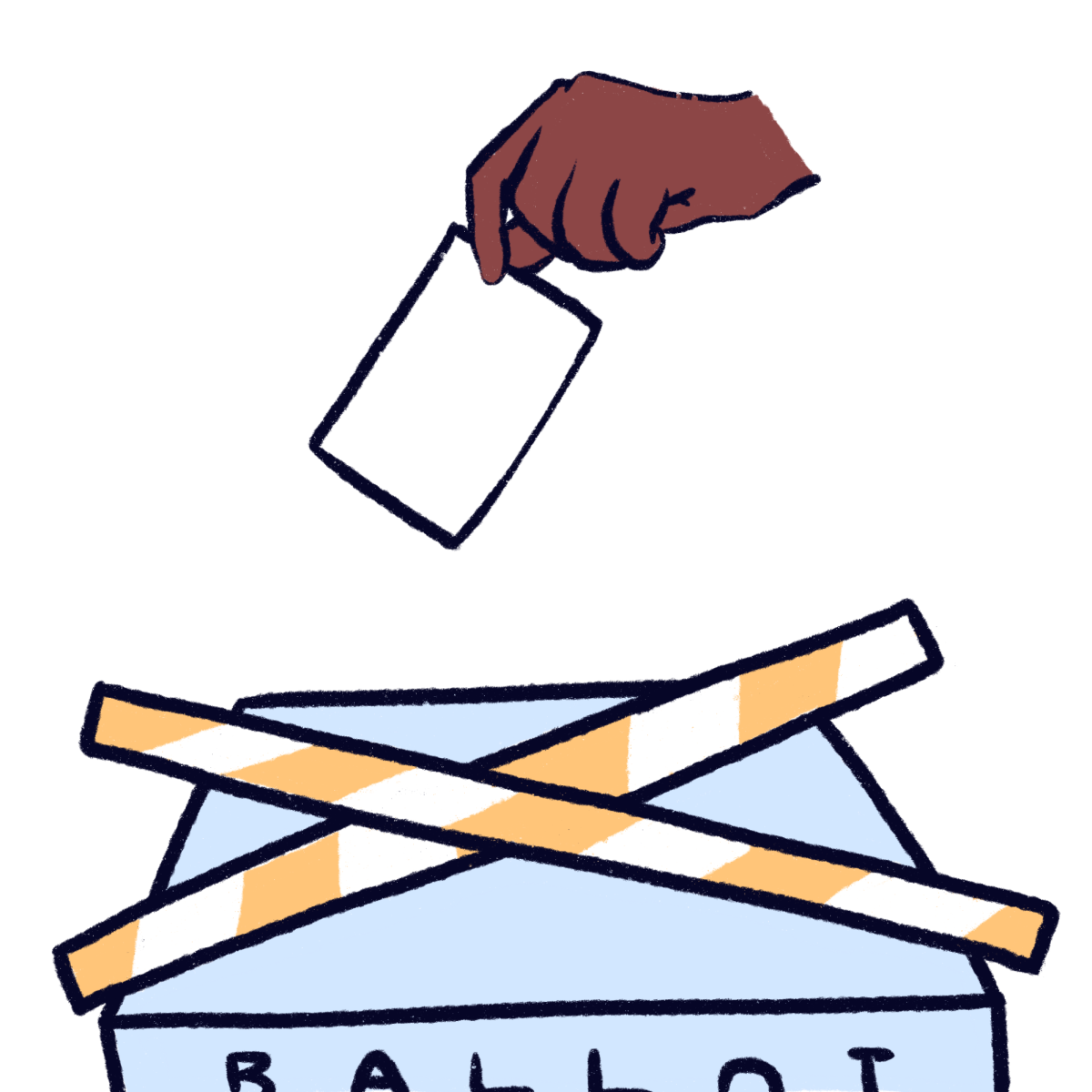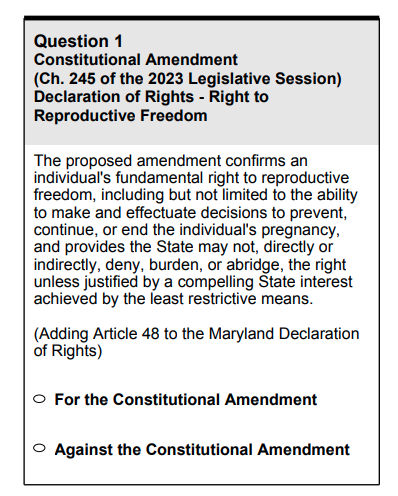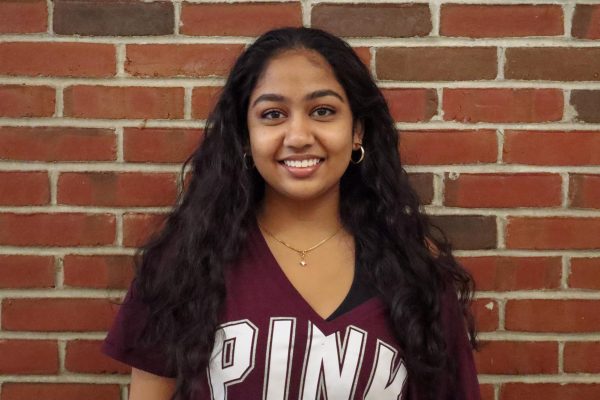Idaho’s recent draft memorial concerning same-sex marriage has reignited debates over LGBTQ+ rights and civil liberties, casting a spotlight on the struggles faced by marginalized communities. While proponents argue the draft reflects certain ideological or cultural values, critics see it as a step backward in the fight for equality. The draft has significant social, legal, and emotional implications, particularly for LGBTQ+ individuals and families in the state, many of whom already face barriers to acceptance and access to essential rights.
The draft, which appears aimed at restricting rights or complicating legal protections for same-sex couples, raises concerns about the erosion of hard-won gains for the LGBTQ+ community. While same-sex marriage remains federally protected under the Supreme Court’s 2015 ruling in Obergefell v. Hodges, this state-level action creates uncertainty for couples who fear their marriages may not be respected or recognized in various contexts.
For many, marriage is more than a personal milestone; it provides critical legal benefits, including access to healthcare, inheritance rights, and parental protections. Legislation that challenges or undermines these rights not only disrupts the lives of LGBTQ+ families but also sets a concerning precedent for how states may push back against federal protections.
Idaho’s rural and conservative demographics amplify the challenges faced by LGBTQ+ residents. In smaller communities, where visibility and resources are limited, policies targeting same-sex marriage exacerbates existing stigmas. LGBTQ+ individuals in these areas often encounter isolation, discrimination, and limited access to support networks.
“A lot of the reasoning that the politicians have given in support for this draft are rooted in religion, which is problematic since the separation of church and state is one of the most important foundational pillars of our country,” senior Bella Brennan said.
The draft memorial also has significant implications for families. For same-sex parents, legal ambiguities about parental rights could jeopardize their ability to make decisions for their children or even maintain custody. LGBTQ+ youth, who already face higher rates of mental health challenges and bullying, may interpret this draft as a message that their identities are invalid or unwelcome. This kind of societal rejection contributes to a cycle of marginalization, making it harder for individuals to thrive.
Idaho’s draft memorial has sparked concerns that it could serve as a model for similar actions in other conservative states. While federal protections remain intact, state-level resistance creates a patchwork of legal challenges that complicate the lives of LGBTQ+ individuals. These efforts also highlight a broader trend of using state legislatures to undermine rights for marginalized groups, from voting access to reproductive healthcare.
“It’s extremely regressive and unfortunately in line with a lot of other proposed laws and policies we’ve been seeing lately in the US,” senior Ginger Speer said.
This raises important questions about the durability of federal protections and the role of advocacy in safeguarding civil liberties. Legal experts warn that even symbolic legislation can embolden discrimination and create hurdles for those seeking justice. The LGBTQ+ community’s fight for equality is far from over, and setbacks like Idaho’s law demonstrate how fragile progress can be.
Despite these challenges, Idaho’s LGBTQ+ community has shown resilience in the face of adversity. Advocacy groups, legal organizations, and grassroots movements are mobilizing to challenge the draft memorial and provide support to affected individuals. By raising awareness, sharing stories, and fostering solidarity, these efforts aim to mitigate the harm caused by the law and push for more inclusive policies.
National organizations have also stepped in to amplify local voices and ensure that Idaho’s LGBTQ+ residents are not forgotten. Initiatives focused on mental health support, legal aid, and education are helping to combat the draft’s effects and create a foundation for future advocacy.
“We might feel separated from this issue since we live in Maryland, but the truth is, if the Supreme Court does choose to overturn Obergefell v. Hodges, it will impact everyone in the country. Lobbying and protesting seem to be the best course of action at this point,” Brennan said.
As the national conversation about LGBTQ+ rights continues, Idaho serves as a reminder of the importance of vigilance and advocacy in the fight for equality. By challenging misinformation, supporting affected communities, and holding policy makers accountable, progress remains possible—even in the face of setbacks. For the LGBTQ+ individuals and families impacted by this draft, the pursuit of justice and recognition is not just a political battle but a deeply personal one.


